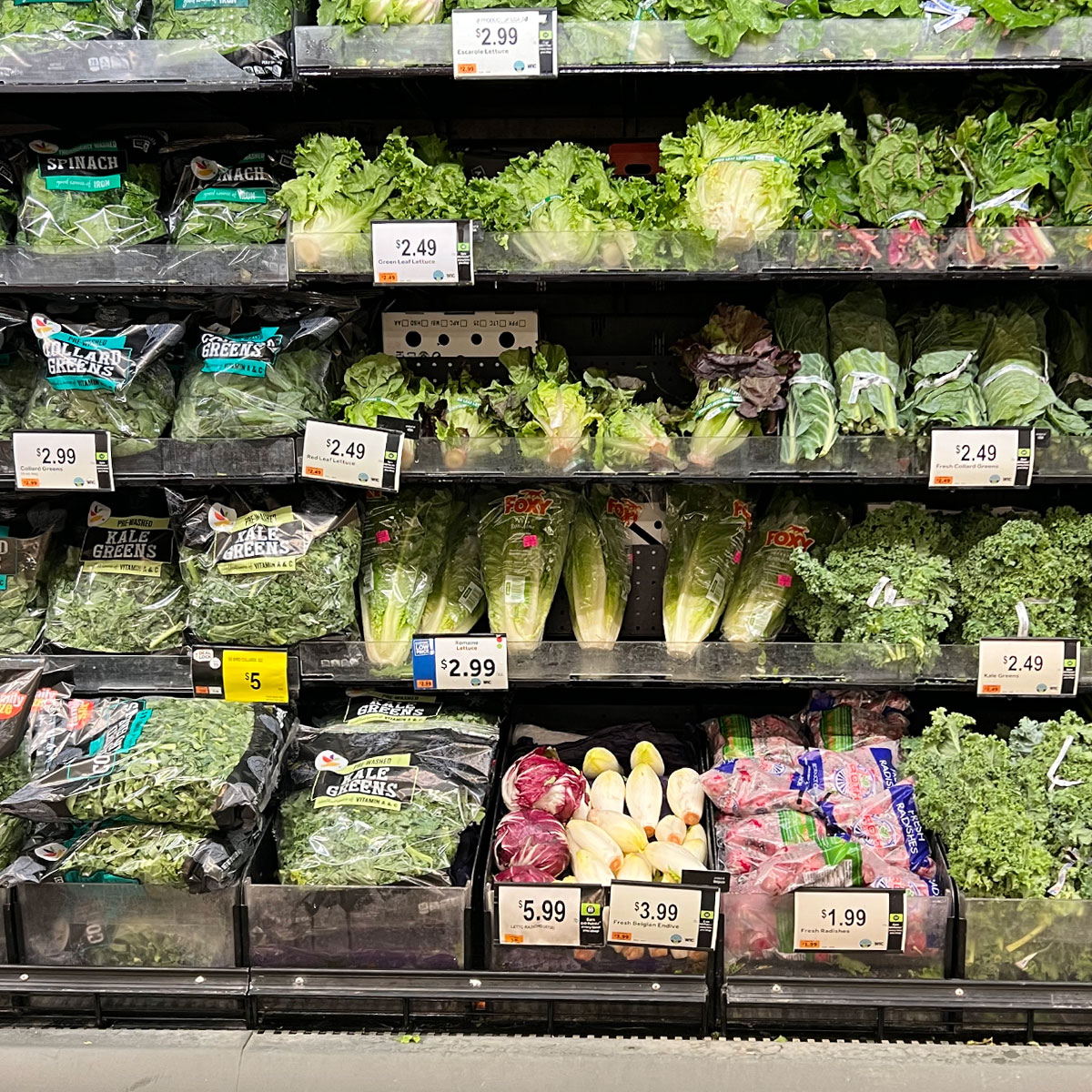Vegetables are an essential component of a balanced and healthy diet, offering a wide array of nutrients, vitamins, minerals, and dietary fiber that contribute to overall well-being. These nutrient-packed foods are renowned for their role in supporting various bodily functions, including immune system function, digestion, and energy production. However, when it comes to the relationship between vegetables and metabolism, not all vegetables are created equal. Some vegetables have been suggested to potentially impact metabolism and weight management.
We spoke with Dr. Bharat Jindal, nutrition expert and health specialist, to find out the one seemingly healthy vegetable that can slow down your metabolism and expand your waistline. Jindal revealed that potato is sadly the one vegetable we should try to limit.


Potato
Potatoes, a staple food in many cultures, have been associated with potential effects on metabolism and weight due to their high carbohydrate content. They are rich in complex carbohydrates that can cause a rapid rise in blood sugar levels, potentially leading to an increased release of insulin. High insulin levels might contribute to the storage of excess energy as fat, and overconsumption of high-carbohydrate foods like potatoes could potentially lead to weight gain over time.
"Potatoes, when processed into chips or fries, undergo high-temperature cooking. This forms acrylamide, a compound linked to metabolic disruption and fat storage. Furthermore, rapid digestion of starch in these forms can lead to blood sugar spikes, contributing to fat accumulation around the waist," says Jindal. It's important to note that the glycemic index of potatoes can vary based on preparation methods and type. Boiled or baked potatoes with their skins may have a lower glycemic index compared to processed forms like fries or chips.

The Bottom Line
In conclusion, the realm of nutrition is a complex landscape where the impact of various foods on metabolism and weight is nuanced. While vegetables stand as crucial pillars of a healthy diet, not all vegetables share the same effects on our bodies. Nutritionists caution that potatoes, particularly in processed forms like chips or fries, can lead to rapid spikes in blood sugar levels, prompting increased insulin release and potential fat storage.
However, the story of potatoes isn't one of universal condemnation; factors such as preparation methods and type can alter their glycemic index and overall impact. Embracing moderation and making informed choices within a diverse diet is key to harnessing the nutritional benefits of potatoes while considering their potential effects on metabolism and weight.


























